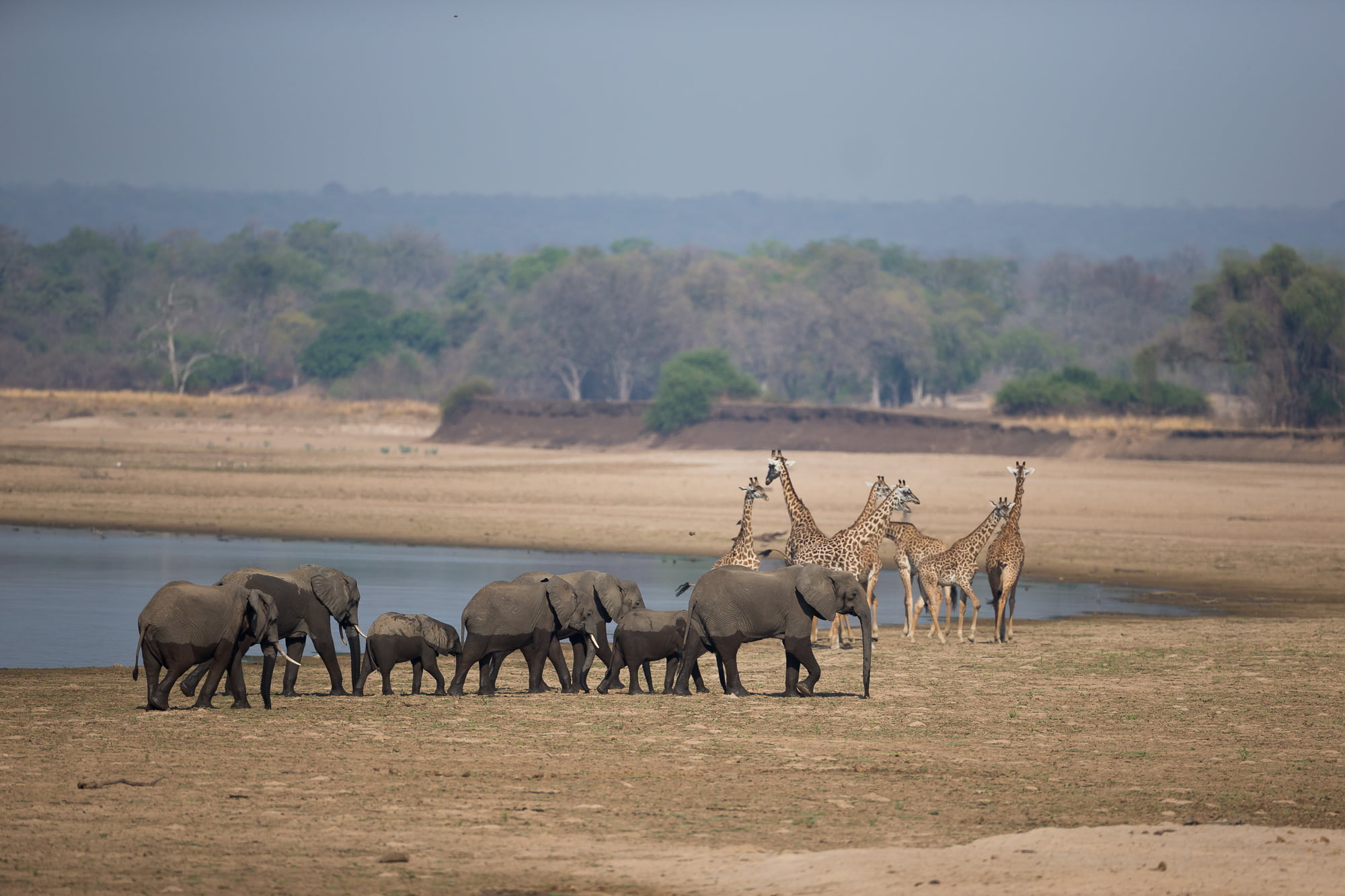Planning a safari is a dream for many, but turning that dream into reality requires careful consideration and preparation. Whether you’re a seasoned traveller or embarking on your first adventure into Africa, these ten tips will help ensure your safari experience is everything you’ve imagined and more.
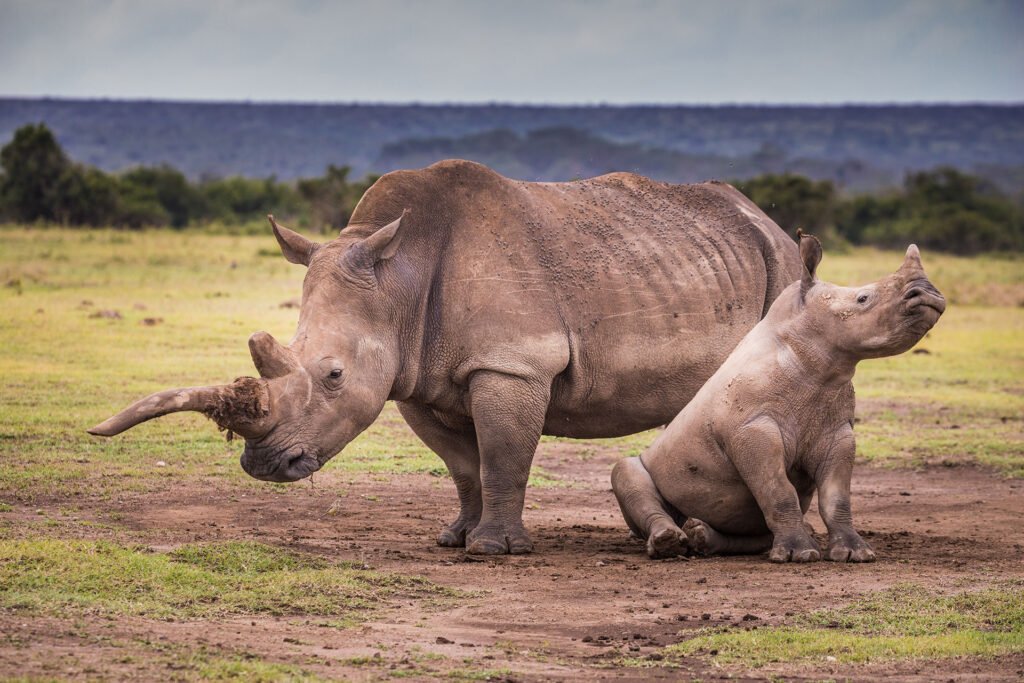
1. Time of Year
There are options for an African safari throughout the year. The dry season (with a few regional differences) is typically between June and October and is often considered the best time for wildlife viewing as animals gather around waterholes.
However, travelling between November and May is equally rewarding with lush landscapes, fewer crowds, and a chance to see new born animals. It s also a wonderful time of year for those interested in birds, with plenty of migratory species around, many in their breeding plumage.
2. Consider Your Children’s Ages and Interests
If you’re travelling with children, their ages and interests should guide your planning. Younger children may enjoy a shorter safari with plenty of activities, while teenagers might be ready for more immersive experiences like walking safaris or conservation programmes. Some lodges cater specifically to families, with family-friendly accommodation, guides who excel in ensuring young minds are engaged and entertained, and child-friendly meals all available. Parents of very young children may also consider whether they are happy visiting a country where malaria prophylactics are recommended or if they would prefer to visit a malaria free country such as South Africa.
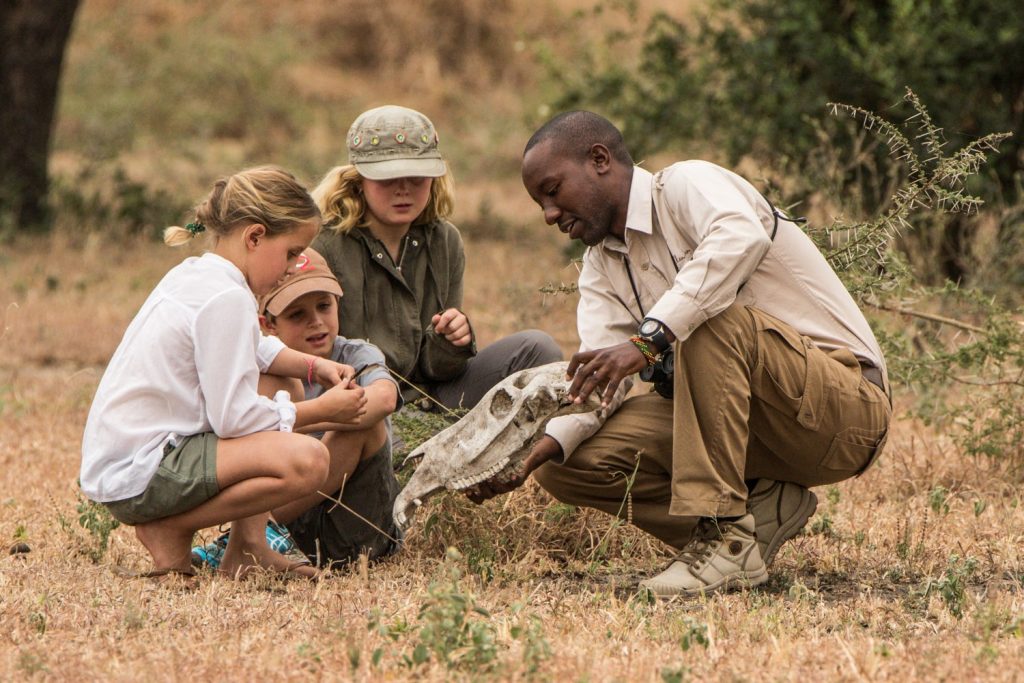
3. Select the Right Country or Area
Africa offers a vast array of safari destinations, each with its unique landscapes, wildlife, and cultural experiences. Kenya and Tanzania are renowned for their classic savannah safaris, while Botswana’s Okavango Delta offers water-based safaris, South Africa is ideal for first-timers with its well-developed infrastructure, and Zambia and Zimbabwe’s walking safaris provide a more off-the-beaten-path adventure. When planning, consider what you want to see and do when selecting your destination. Write a priority list of activities and wildlife and choose a destination which will offer the greatest opportunity of accomplishing your wishes – remembering no wildlife sighting is ever guaranteed.
4. Pure Safari or a Combination?
When planning your holiday, think about whether you want a pure safari experience or a combination that includes other activities. A classic option is to combine a safari with a beach holiday in Zanzibar, Mauritius, Seychelles, Maldives or Mozambique. Alternatively, you could pair a safari with a cultural or city experience, like exploring Cape Town or visiting Victoria Falls. This approach allows you to experience the diverse beauty of Africa and have some time to relax before and / or after your safari.
The classic combination is to safari first and then finish on the beach, or in areas like Victoria Falls or Cape Town. However, consider flipping this order; more often than not the safari is the highlight of a holiday and packing up a desk / house etc before a holiday, is always a busy time. By relaxing first you are fresh and ready for the excitement that safari brings.
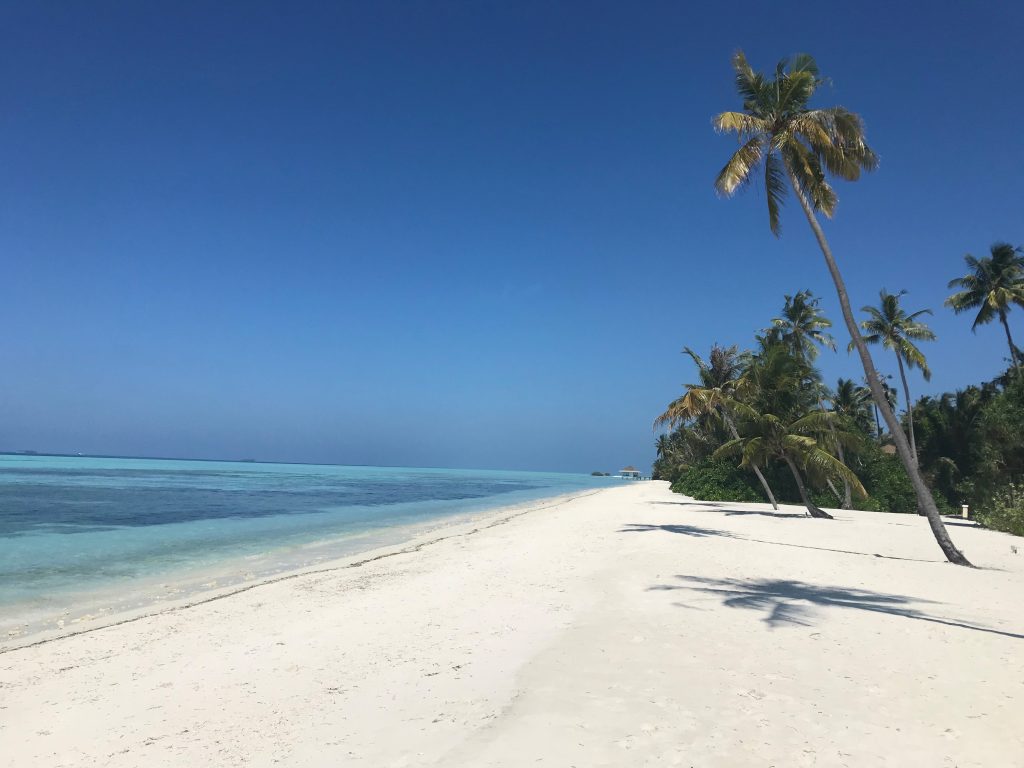
5. Determine How Long You’ll Be Away
How much time you have for your safari will influence your itinerary. A good guideline when planning a safari is to allow a minimum of three nights in any one safari camp, and for a more relaxed experience consider four nights – especially when there are plenty of activities available from the one camp. If you’re short of time, countries like Kenya, or Rwanda to visit the Mountain Gorillas, which benefit from direct flights from London are ideal for a long weekend, whilst other countries are best for a longer holiday.
For a relaxed experience, planning a trip of at least 10 to 14 days is ideal, especially if you are combining multiple destinations. A shorter 5 to 7-day safari might be perfect for a single destination, allowing ample time to explore without feeling rushed. Remember to factor in travel time between locations and some downtime to soak in your surroundings.
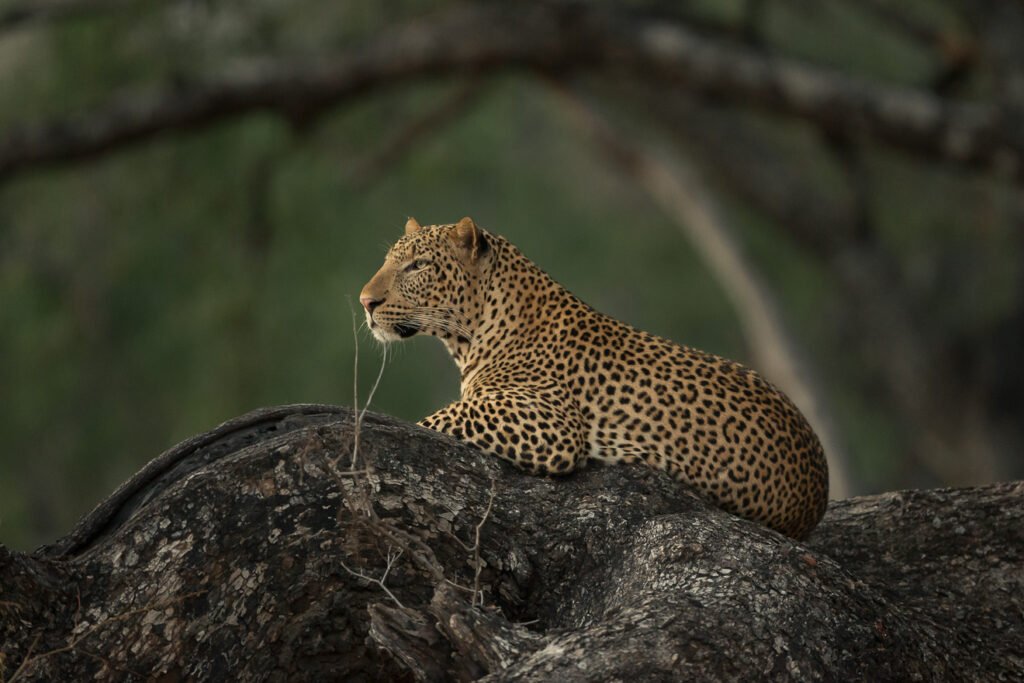
6. What activities you would like to do?
A safari offers much more than just game drives; it’s a diverse adventure filled with a range of activities that cater to different interests and enhance your experience in the wild. While the classic game drive remains a central feature and enables you to get close to wildlife, walking safaris allow you to connect with the environment on a deeper level, offering a chance to track on foot and learn about the smaller details of the ecosystem.
For the more adventurous, a riding safari provides a unique perspective, blending seamlessly with the landscape and allowing for closer encounters with wildlife. There are options throughout Africa for beginners to experienced riders alike. Photographic safaris, often led by professional photographers, are perfect for capturing stunning images of Africa’s iconic animals and landscapes. Water-based activities, such as canoeing or boat safaris, offer a tranquil way to observe wildlife, especially in regions like the Okavango Delta or along the Zambezi River.
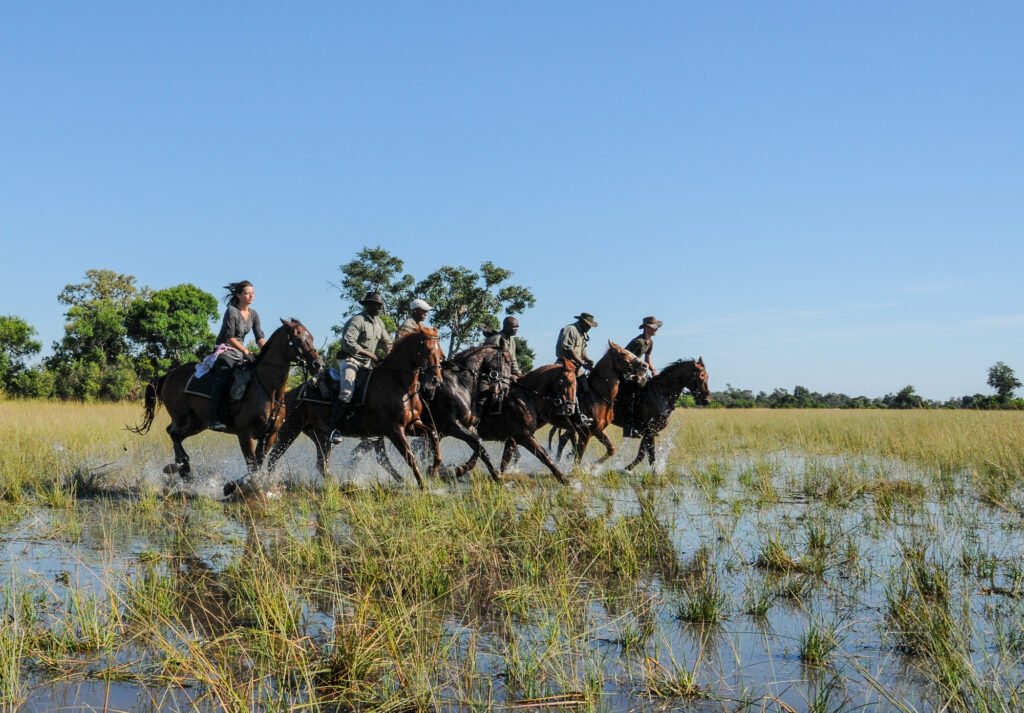
Hot air balloon rides and helicopter flights offer the chance to witness wildlife and landscapes from a completely different angle. These myriad activities ensure that each safari is a personalised adventure, offering something for everyone, from thrill-seekers to those looking to immerse themselves in nature’s beauty. When planning your safari think about what you have enjoyed on previous holidays and if you have a particular interest, such as big cats, birds or elephants, look for camps that focus on those animals.

7. Consider Accommodation Style
Safari accommodation ranges from rustic tents to luxury lodges, so consider what style best suits your travel preferences. If you’re seeking adventure and a close-to-nature experience, a tented camp might be perfect. For those who prefer comfort and amenities, luxury lodges offer gourmet dining, spa treatments, and private plunge pools. Many lodges also cater specifically to families or honeymooners, so choose what fits your group’s needs. Planning a holiday with a variety of accommodation will add to the overall experience and often stepping a little out of a comfort zone is incredibly rewarding.

8. Establish Your Budget
Safaris vary widely in cost, depending on the destination, accommodation, and activities. Very often the costs can seem high up front when conservation fees etc are included. However, many camps and lodges are all inclusive, meaning there is little to pay for in country. Establish a budget early on, taking into account not just the cost of the safari itself, but also flights, visas, vaccinations, and travel insurance. A safari is often a once-in-a-lifetime experience, so planning your budget well will allow you to maximise the experience, enabling you to combine the best camps for the overall experience.
9. Research the Wildlife You Want to See
Different regions of Africa are known for different wildlife species. For example, the Serengeti and Masai Mara are famous for the Great Migration and Uganda and Rwanda offer the unique experience of gorilla trekking. Key African wildlife species such as lion, leopard, buffalo, giraffe, zebra etc can be seen throughout East and Southern Africa, with particular parks and areas perhaps a stronghold for a particular species. When planning your trip, make sure the destination you choose aligns with the wildlife you most want to see – and remember that a wildlife sighting is never guaranteed!
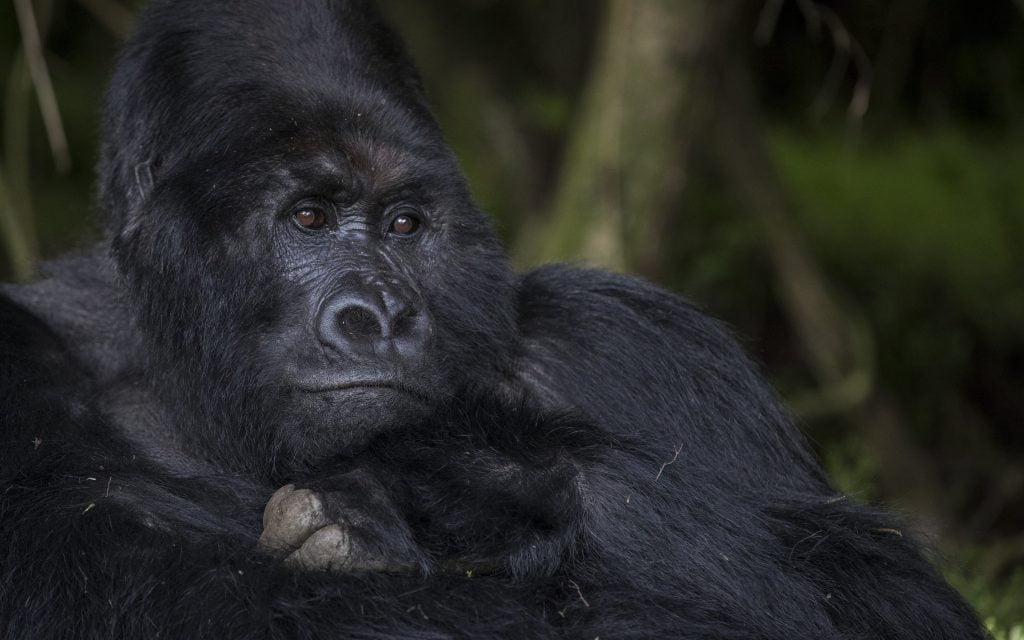
10. Consult with a Safari Specialist
Finally, planning a safari can be complex. There is a raft of information which can sometimes feel overwhelming, especially if this is your first safari. Consider working with a safari specialist who can help tailor your trip to your specific interests and needs. A knowledgeable agent will have visited all of the areas and will listen to your wishes, ask questions and recommend the best areas, camps and combinations for you, all from personal experience. They will guide you on the logistics, and ensure all details are taken care of, from transfers to special dietary needs.
Their expertise can save you time, and money as they will make use of offers not always available to the public, and ensure your safari is perfectly suited to your expectations. A safari booked through a UK based safari specialist will offer you financial protection and shouldn’t cost any more than booking the trip direct.
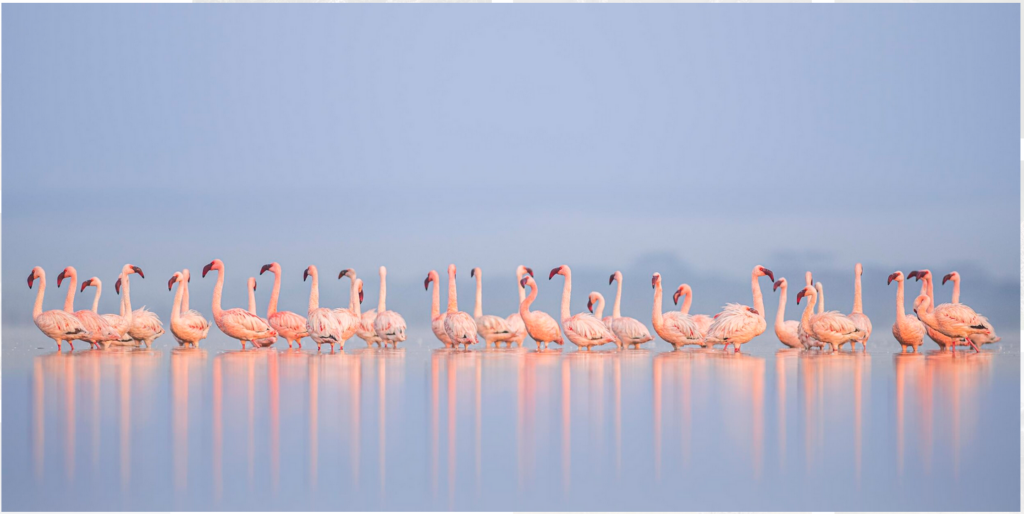
Planning a safari is an exciting process and with careful consideration, will lead to a truly unforgettable adventure. By taking into account the time of year, your family’s needs, destination, budget, and desired activities, you’ll be well on your way to crafting the perfect safari experience.
If you would like to chat about a safari to Africa or holiday to the Indian Ocean, please do get in touch with Lucinda and she would be delighted to help.
